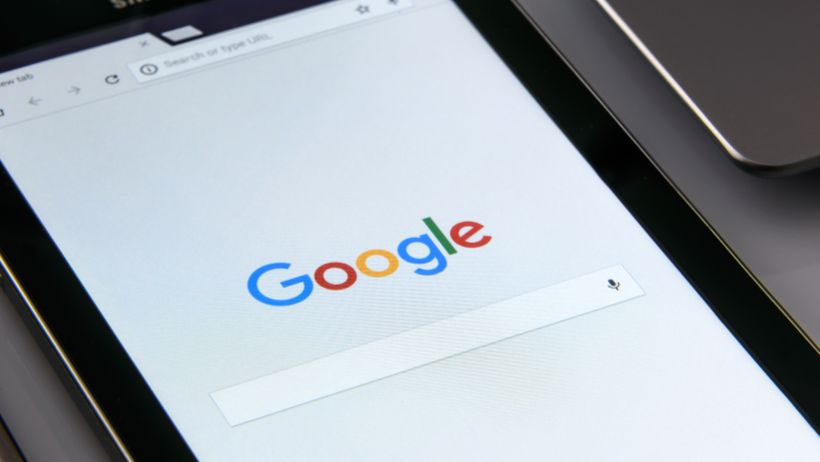
Google to Purge Billions of Files with Personal Data in Chrome Privacy Case
Google has agreed to undertake a massive housecleaning operation as part of a settlement in a lawsuit accusing the tech giant of illegal surveillance. The agreement comes in response to allegations that Google unlawfully tracked the internet activities of millions of users in the United States, even when they believed they were browsing privately through the Chrome web browser.
The settlement requires Google to expunge billions of records containing personal information collected from more than 136 million individuals in the U.S. who utilized Chrome. Among the focal points of the lawsuit was the claim that Google continued to track users’ internet activity despite activating the browser’s “Incognito” mode, designed to offer enhanced privacy.
Details of the settlement emerged following a court filing, shedding light on resolving a lawsuit initiated in June 2020 targeting Chrome’s privacy controls. The legal battle reached a critical juncture when U.S. District Judge Yvonne Gonzalez Rogers rejected a request to dismiss the case, leading to negotiations that culminated in the settlement terms disclosed recently.
Central to the agreement is Google’s commitment to not only delete vast troves of personal data stored in its data centers but also to enhance privacy disclosures concerning Chrome’s Incognito option. These measures aim to restrict Google’s collection of personal information, thereby safeguarding user privacy.
Despite the significant implications of the settlement, consumers represented in the class-action lawsuit will not receive monetary damages. Google emphasized this point, asserting that the settlement primarily entails deleting old personal technical data not associated with any individual or used for personalization purposes.
Legal experts, however, view the settlement as a significant victory for personal privacy amidst a landscape of escalating digital surveillance. Attorneys representing Chrome users valued the settlement at billions of dollars, highlighting its potential to curtail ad sales generated from personal information collected through Chrome.
Importantly, the settlement does not shield Google from future lawsuits related to similar privacy issues, leaving room for individual consumers to pursue damages through civil complaints.
Despite concerns over the impact on digital ad sales, investors appear largely unfazed, with shares in Alphabet Inc., Google’s parent company, rising following the announcement of the settlement terms.
The agreement is pivotal in the ongoing digital privacy and data protection discourse. As Google navigates regulatory challenges and legal scrutiny, the settlement sets a precedent for stricter controls on the collection and utilization of personal information online.
While the settlement’s ramifications reverberate through the tech industry, Google faces additional legal threats, including allegations of anticompetitive practices and potential revisions to its app store policies.

Comments are closed.